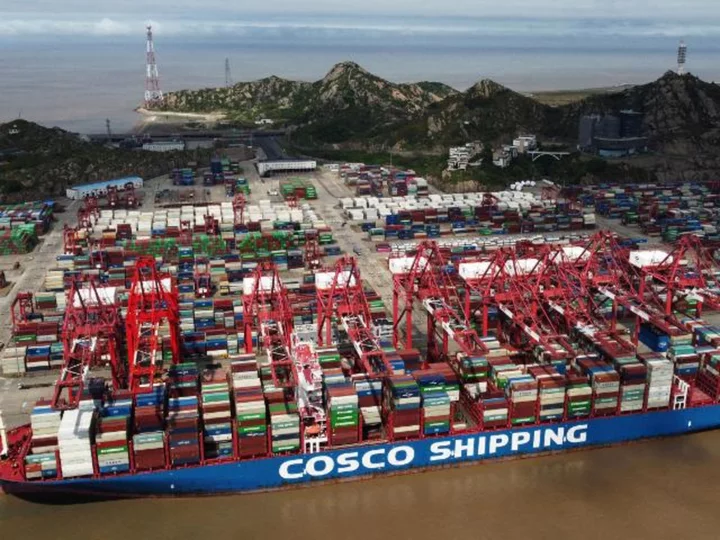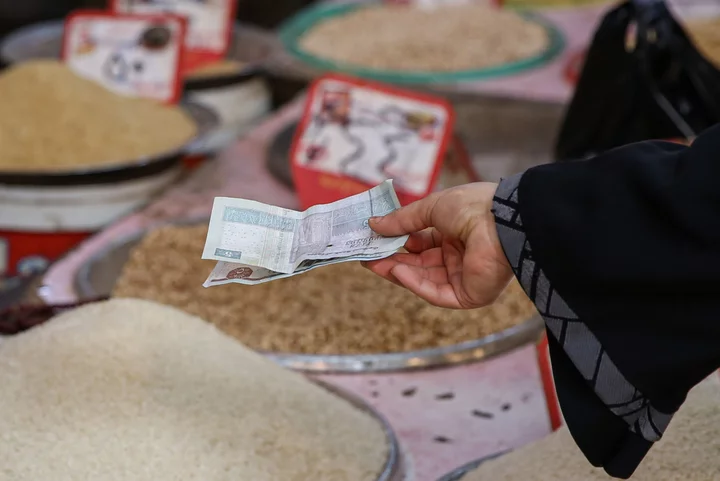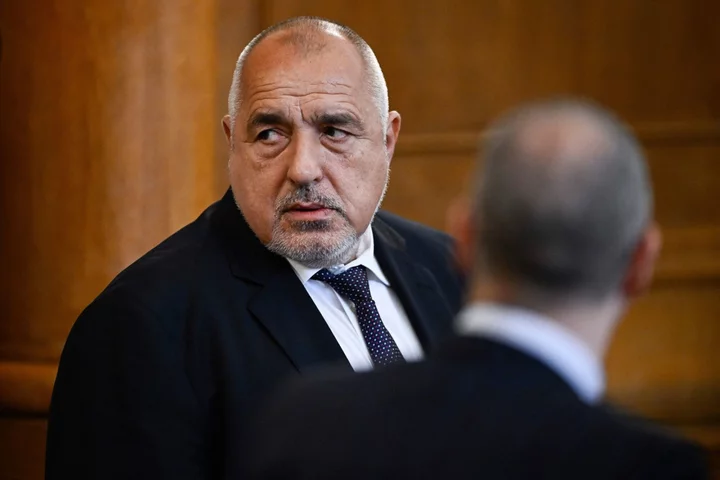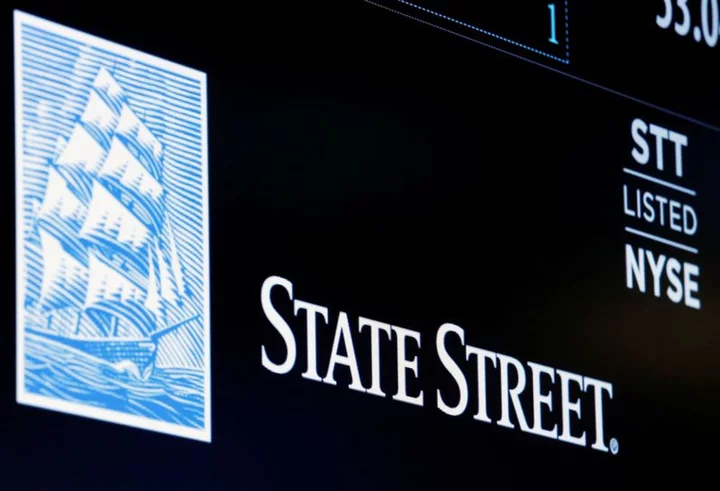Every few days for the past several weeks, a parade of Chinese leaders and policymakers have publicly vowed to do more to boost the sputtering economy, usually by promising to support the beleaguered private sector.
Sometimes investors appear to have gained confidence from these pledges, sending shares higher.
More often though, they've ignored the flurry of official messaging, hoping for more tangible stimulus measures that economists and analysts tell CNN are now unlikely to come because China has become too indebted to just pump up the economy like it did 15 years ago, during the global financial crisis.
"We have had plenty of vague promises already, which don't amount to a great deal so far," said Robert Carnell, regional head of research for Asia-Pacific at ING Group.
Except for some incremental steps to help the property market, currently mired in its worst slump in history, and tweaks to interest rates, there have been few signs of the government providing real money to struggling consumers or businesses.
"Chinese policymakers appear unlikely to enact any major monetary or fiscal stimulus, likely fearing doing so could exacerbate China's growing debt risks," said Craig Singleton, senior China fellow at the Foundation for Defense of Democracies, a Washington-based non-partisan think tank.
"At most, we can expect meager, mostly-supply side measures ostensibly aimed at, among other things, attracting more private capital and boosting electric vehicle ownership," he added.
After a strong start to the year after Covid restrictions were lifted, the world's second largest economy has lost momentum.
Since April, a slew of disappointing economic data and population statistics has sparked concern that China may be facing a period of much slower growth and possibly even heading for a future comparable to Japan's.
Measures needed
China's economy barely grew in the April to June months compared with the previous quarter, as an initial burst in economic activity following the end of pandemic restrictions faded. Signs of deflation are becoming more prevalent, sparking concerns that China could enter a prolonged period of stagnation.
Based on Japan's experience in the 1990s, there is the risk that China is entering "a liquidity trap," a scenario in which monetary policy becomes largely ineffective and consumers hold on to their cash rather than spend it, said Alicia Garcia-Herrero, chief economist for Asia Pacific for Natixis, a French investment bank.
"In other words, there is a risk that Chinese corporates and households, pushed by their very negative sentiment about the economic outlook, prefer to disinvest and de-leverage in the light of falling revenue generation."
To get the economy back on track, Beijing needs to match its words with action, according to analysts.
China "conspicuously" refrained from the giant Covid-era support seen in developed economies, according to analysts at the UBS Global Wealth Management. Fiscal stimulus, for instance, amounted to just a third of the aid offered in the United States, with no nationwide cash handouts.
While this helped China avoid the rampant inflation shock seen elsewhere, disposable household income fell as wages and property asset values simultaneously stalled, they said in a recent research note.
Interest rate cuts are not enough, unless they are accompanied by fiscal measures to boost demand.
"A comprehensive policy mix — covering monetary and fiscal stimulus, including infrastructure, property, and consumption, alongside structural reforms," would be helpful to rebuild confidence, they said.
Not like 2008
China's economic trajectory is of great concern for global investors and policymakers who are counting on it to drive global expansion. But, Beijing appears to have run out of ammunition.
Back in 2008, Chinese leaders rolled out a four trillion yuan ($586 billion) fiscal package to minimize the impact of the global financial crisis. It was seen as a success and helped boost Beijing's domestic and international political standing as well as China's economic growth, which soared to more than 9% in the second half of 2009.
But the measures, which were focused on government-led infrastructure projects, also led to an unprecedented credit expansion and massive increase in local government debt, from which the economy is still struggling to recover. In 2012, Beijing said it wouldn't be doing it again. The costs were just too high.
China's debt woes have only deepened during the Covid-19 pandemic, when three years of draconian restrictions and a real estate downturn drained the coffers of local government.
Analysts estimate China's outstanding government debts surpassed 123 trillion yuan ($18 trillion) last year. Nearly $10 trillion of that figure is so-called "hidden debt" owed by risky local government financing platforms.
In June, Zhu Min, a former senior official at the International Monetary Fund who previously served at China's central bank, was quoted by Bloomberg as telling the Summer Davos forum in Tianjin that he didn't believe China would unveil massive stimulus, as the nation was already struggling with high debt levels.
"No [fiscal stimulus] has been announced, which seems to indicate that Chinese policymakers are still wary about a too rapid increase in public debt," said Garcia-Herrero.
Diminishing returns
And even if Beijing were to take action, it would be less effective than in 2008, Garcia-Herrero said.
"An infrastructure-led fiscal stimulus would need to be much bigger to have the same economic impact," she said.
It also implies that, if action is taken, public debt in China would jump well above the current 100% of GDP, which would place the economy "among the most indebted in the world," she added.
What's worse, under President Xi Jinping, Beijing appears to have doubled down on its strategy to strengthen the party's control over the economy, analysts said.
A "correct response" to the economic slump would be for Beijing to return to a pro-market reform path and let the private sector play a bigger role, according to Derek Scissors, senior fellow at the American Enterprise Institute.
But signs are "limited" that the government is considering that direction, he said.
According to Singleton, "China's new economic leadership team has few tools to meaningfully revive growth."
"Beijing's steadfast, albeit unsurprising, refusal to acknowledge the role Xi's economic mismanagement has played" in exacerbating China's problems will gravely compound its broader systemic risks, he said.
The property sector will likely be a drag on growth for years to come, Singleton said, adding that the country's alarming debt levels and timid consumers domestically and abroad won't help either.









